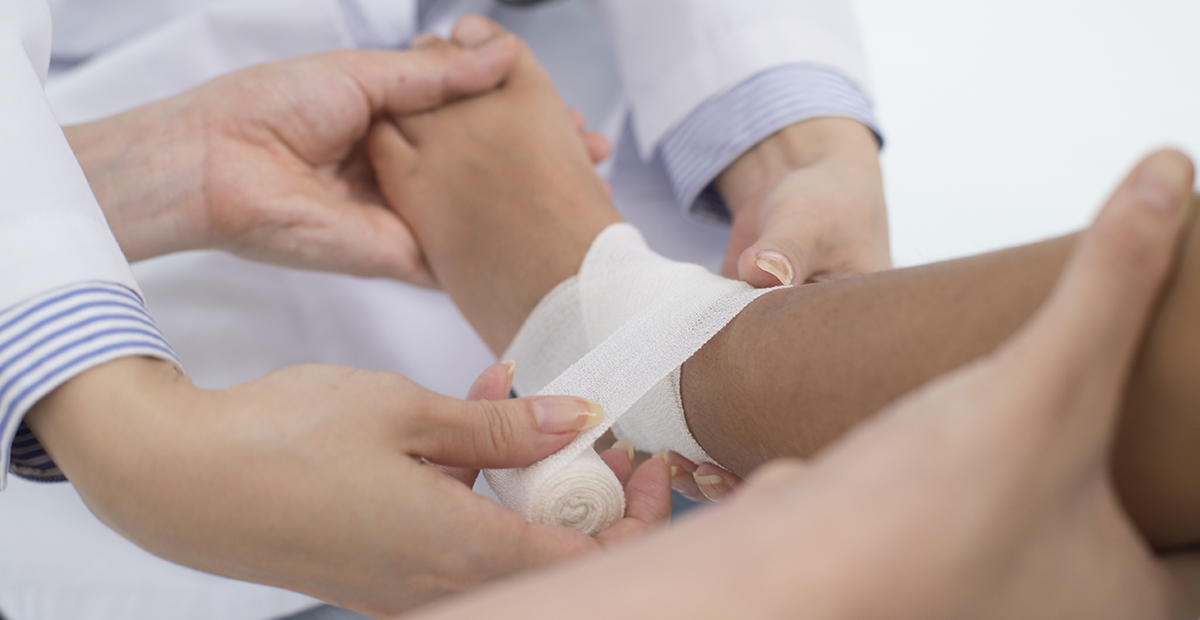Personal Injury Protection May Help Pay Expenses From an Accident
An automobile accident can damage far more than your car. Medical bills, lost wages and other expenses can add up quickly and put a serious dent in your bank account. Personal injury protection, also known as PIP insurance, can help defray such costs and even help protect your friends and family after a covered accident.
How personal injury protection works
With standard liability insurance, the insurance company of the driver responsible for an accident pays the costs resulting from a covered accident (up to the policy’s limits). Personal injury protection is a “no-fault” coverage, meaning that regardless of which driver was at fault, some of the medical expenses for the policyholder and others in the policyholder’s car may be covered by insurance.
PIP coverage can include medical expenses, lost wages and more
Personal injury protection may pay for as much as 80% of medical and other expenses that result from a covered accident, depending on the limits of the policy. This may include medical treatment of the injuries suffered by you and your passengers as well as medical expenses you might incur if injured as a passenger in another car or as a pedestrian. Additionally, PIP insurance may cover:
- Service replacement of someone injured in a covered car accident
- Rehabilitation costs
- Funeral costs
Benefits of having personal injury protection
Following the initial shock of a car accident, one of the most frustrating issues can be the time it takes for insurance companies to determine blame, make payments and, if necessary, file a lawsuit. With PIP coverage, no blame needs to be assessed. If it is a covered incident, medical and lost income payments are made as soon as possible, and you deal only with your insurance company.
How PIP is different from medical payments coverage
Personal injury protection insurance is similar to medical payments coverage but with an important difference. Medical payments coverage pays the medical costs for you and your passengers in the event of a covered auto accident, regardless of who’s at fault.
Unlike PIP, medical payments coverage doesn’t cover other expenses such as lost wages, rehabilitation services, funeral costs and services, such as childcare, that you may be unable to perform due to injuries from a covered accident.
PIP insurance is mandatory in some states
Currently, 12 states, including Florida, Massachusetts and New York, require some form of personal injury protection coverage. Many states don’t require policyholders to have PIP coverage but do require a signed waiver if they choose not to carry this coverage.


